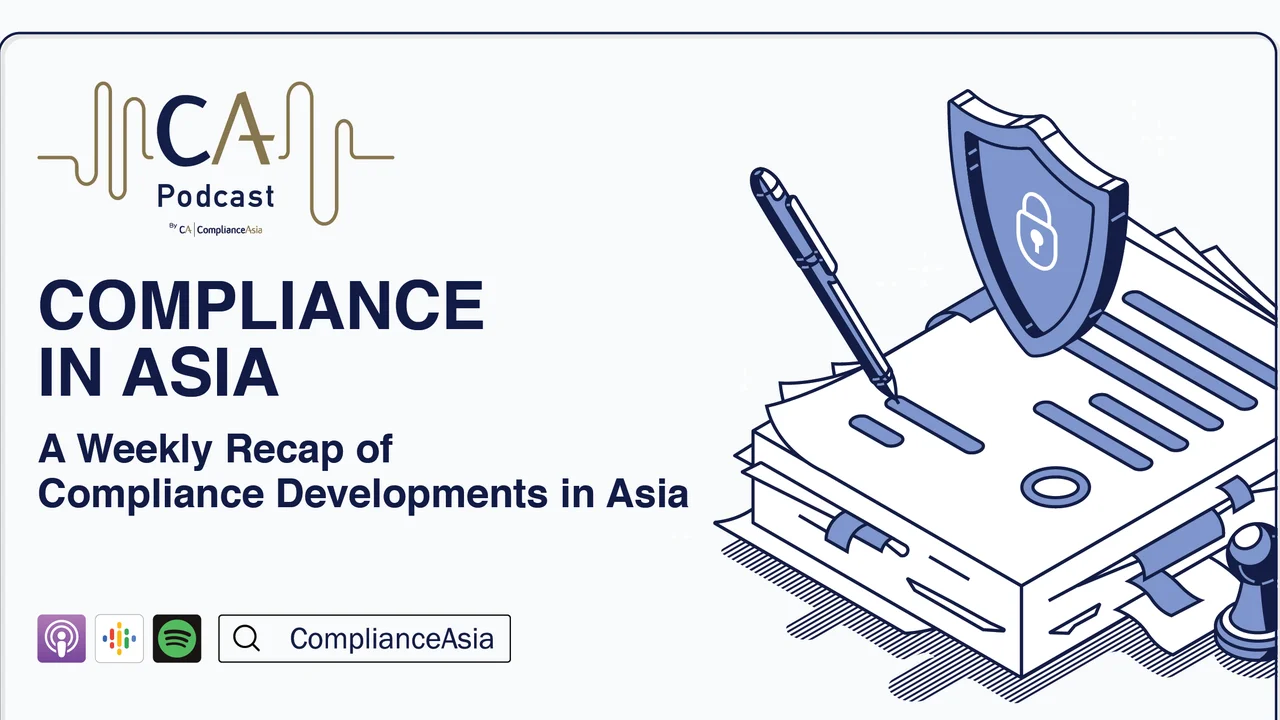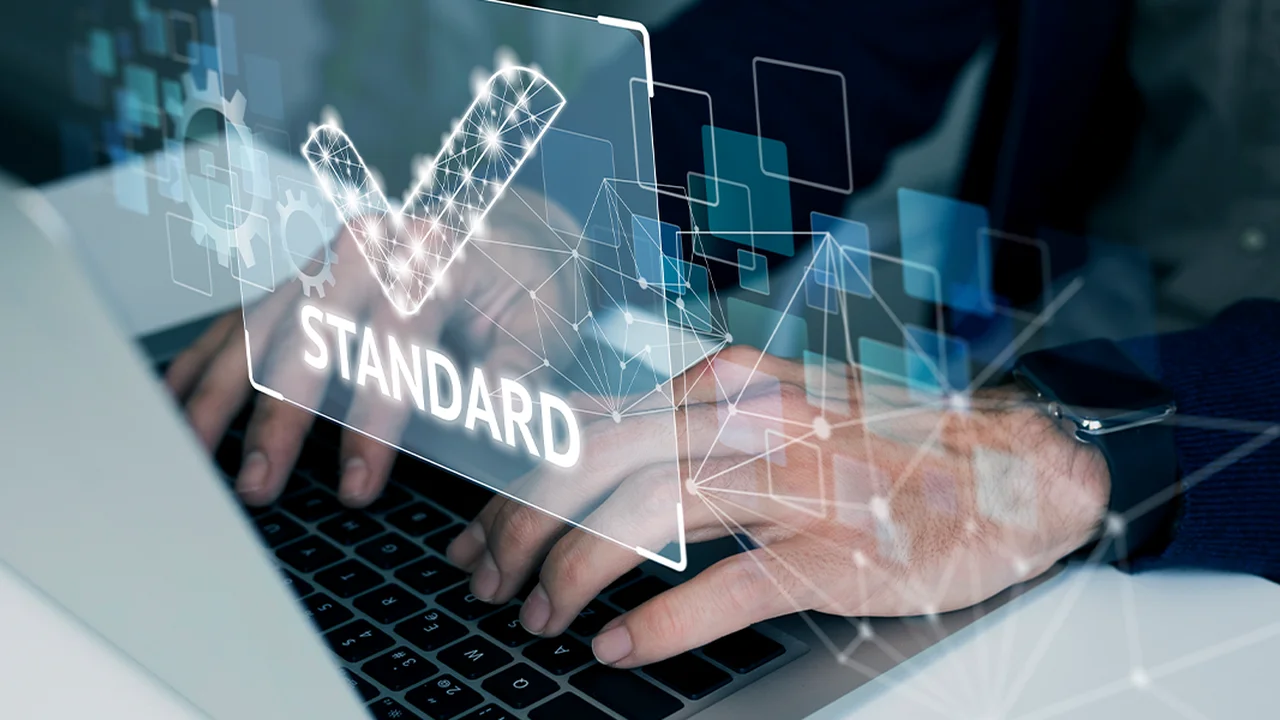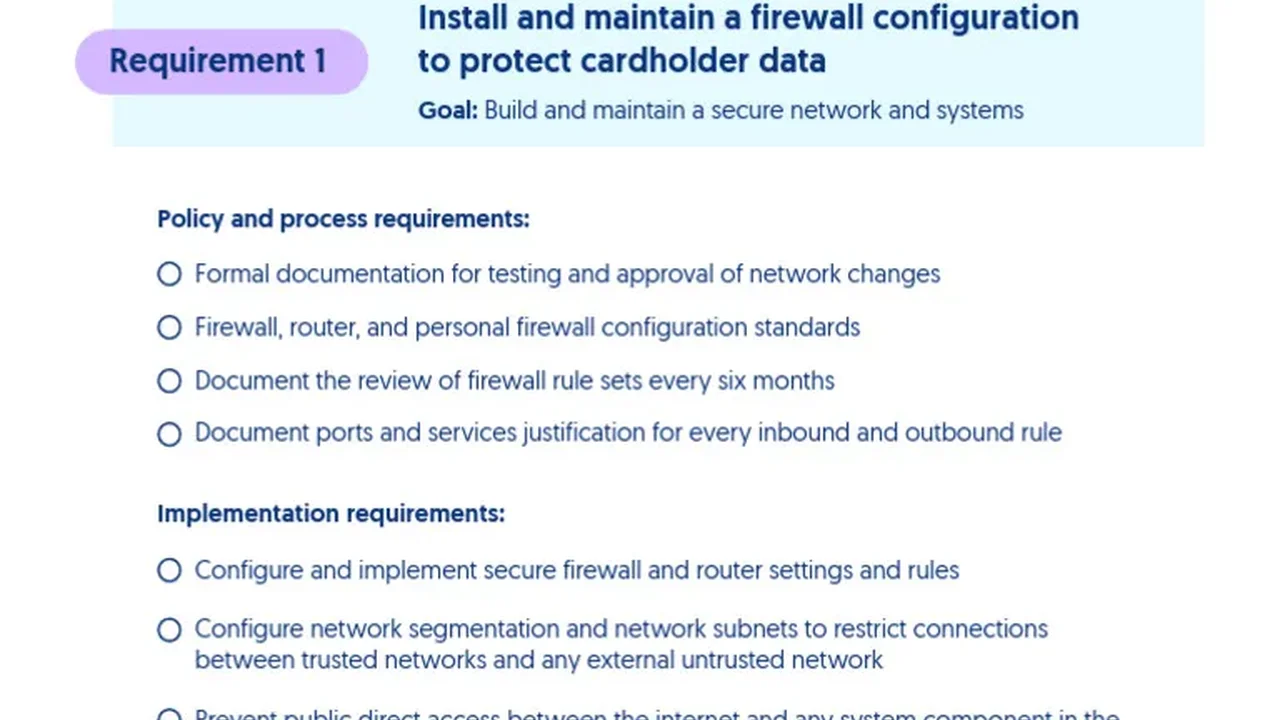Key Cybersecurity Regulations in Southeast Asia A Compliance Guide
Navigating the diverse cybersecurity landscape of Southeast Asia. Understand key regulations in Singapore, Malaysia, Indonesia, Thailand, and the Philippines for regional compliance.

Introduction to Cybersecurity Compliance in Southeast Asia
Southeast Asia is a rapidly growing digital economy, but this growth comes with increased cybersecurity risks. Businesses operating in the region must navigate a complex web of regulations to protect sensitive data and maintain customer trust. This guide provides an overview of key cybersecurity regulations in Singapore, Malaysia, Indonesia, Thailand, and the Philippines, helping you understand your compliance obligations.
Singapore: PDPA and Cybersecurity Act
Singapore is a leader in cybersecurity in Southeast Asia, with two key pieces of legislation:
Personal Data Protection Act (PDPA)
The PDPA governs the collection, use, and disclosure of personal data. Key requirements include:
- Consent: Obtaining consent for data collection and use.
- Purpose Limitation: Using data only for the specified purpose.
- Access and Correction: Allowing individuals to access and correct their data.
- Protection: Implementing reasonable security measures to protect data.
- Accountability: Appointing a data protection officer and establishing data protection policies.
Cybersecurity Act
The Cybersecurity Act focuses on protecting critical information infrastructure (CII). It requires CII owners to:
- Report cybersecurity incidents.
- Conduct regular cybersecurity audits.
- Implement cybersecurity measures to protect their systems.
Product Recommendation: For PDPA compliance, consider using a Data Loss Prevention (DLP) solution like Digital Guardian. It helps you monitor and prevent sensitive data from leaving your organization. Usage scenarios include monitoring email communications, preventing data from being copied to USB drives, and tracking file access. Digital Guardian’s price typically starts around $150 per user per year. Alternatively, for smaller businesses, Endpoint Protector offers a more affordable solution with similar features, starting at around $80 per user per year. A comparison reveals that Digital Guardian offers more advanced features and better scalability, while Endpoint Protector is more budget-friendly and easier to deploy.
Malaysia: Personal Data Protection Act (PDPA) 2010
Malaysia's PDPA governs the processing of personal data. Key principles include:
- General Principle: Processing data fairly and lawfully.
- Notice and Choice Principle: Informing individuals about data processing and obtaining their consent.
- Disclosure Principle: Disclosing data only for the specified purpose.
- Security Principle: Protecting data from unauthorized access and disclosure.
- Retention Principle: Retaining data only as long as necessary.
Product Recommendation: For Malaysian PDPA compliance, consider implementing an Information Rights Management (IRM) solution like Microsoft Azure Information Protection (AIP). AIP helps you classify and protect sensitive data, ensuring that only authorized individuals can access it. Usage scenarios include protecting sensitive documents shared internally and externally, preventing unauthorized printing or copying, and tracking data access. AIP is typically included in Microsoft 365 E3 and E5 plans. A cheaper alternative is Seclore FileSecure, which offers similar functionalities and starts at around $50 per user per year. Azure Information Protection integrates seamlessly with Microsoft Office applications, while Seclore FileSecure is a more standalone solution that can be integrated with various platforms.
Indonesia: Law No. 27 of 2022 on Personal Data Protection (PDP Law)
Indonesia's PDP Law is a comprehensive data protection law that significantly strengthens data privacy rights. Key provisions include:
- Legal Basis for Processing: Requiring a legal basis for processing personal data, such as consent or legitimate interest.
- Data Subject Rights: Granting individuals the right to access, rectify, and erase their data.
- Data Breach Notification: Requiring organizations to notify data subjects and the authorities in the event of a data breach.
- Cross-Border Data Transfer: Regulating the transfer of personal data outside of Indonesia.
Product Recommendation: To comply with Indonesia's PDP Law, consider using a data discovery and classification tool like Spirion. Spirion helps you identify and classify sensitive data across your organization, enabling you to implement appropriate security measures. Usage scenarios include scanning file servers, databases, and cloud storage to identify sensitive data like personal identification numbers, credit card numbers, and health information. Spirion's pricing varies depending on the size and complexity of your organization. An alternative is Netwrix Auditor, which provides similar data discovery and classification capabilities, along with auditing and reporting features. Netwrix Auditor's pricing starts at around $2,000 per year. Spirion focuses primarily on data discovery and classification, while Netwrix Auditor offers a broader range of auditing and compliance features.
Thailand: Personal Data Protection Act (PDPA) B.E. 2562 (2019)
Thailand's PDPA is closely modeled after the GDPR. Key requirements include:
- Consent: Obtaining explicit consent for data processing.
- Data Subject Rights: Granting individuals rights such as access, correction, and deletion of their data.
- Data Protection Officer (DPO): Appointing a DPO for certain organizations.
- Data Security Measures: Implementing appropriate technical and organizational measures to protect data.
Product Recommendation: For compliance with Thailand's PDPA, consider using a Consent Management Platform (CMP) like OneTrust. OneTrust helps you obtain and manage user consent for data processing, ensuring compliance with consent requirements. Usage scenarios include displaying cookie banners on websites, managing consent preferences for mobile apps, and tracking consent across different channels. OneTrust's pricing is typically based on the number of users and features required. A cheaper alternative is Cookiebot, which offers similar consent management capabilities and starts at around $49 per month. OneTrust is a more comprehensive platform with a wider range of privacy management features, while Cookiebot is a simpler and more affordable solution for managing cookie consent.
Philippines: Data Privacy Act of 2012 (Republic Act No. 10173)
The Philippines' Data Privacy Act protects personal information and ensures data privacy rights. Key provisions include:
- Transparency: Informing individuals about data processing practices.
- Legitimate Purpose: Processing data only for legitimate purposes.
- Proportionality: Ensuring that data processing is proportionate to the purpose.
- Security: Implementing reasonable security measures to protect data.
Product Recommendation: To ensure compliance with the Philippines' Data Privacy Act, consider implementing a Security Information and Event Management (SIEM) system like Splunk. Splunk helps you monitor and analyze security events, detect threats, and respond to incidents. Usage scenarios include monitoring network traffic, analyzing logs from servers and applications, and detecting suspicious activity. Splunk's pricing is typically based on the amount of data ingested per day. An alternative is AlienVault USM, which offers similar SIEM capabilities and starts at around $1,075 per month. Splunk is a more powerful and customizable platform with a wider range of features, while AlienVault USM is a more affordable and easier-to-deploy solution for smaller organizations.
Staying Updated with Evolving Regulations
Cybersecurity regulations are constantly evolving in Southeast Asia. It's crucial to stay informed about the latest changes and updates to ensure ongoing compliance. Regularly consult with legal experts, cybersecurity professionals, and industry resources to stay ahead of the curve.
:max_bytes(150000):strip_icc()/277019-baked-pork-chops-with-cream-of-mushroom-soup-DDMFS-beauty-4x3-BG-7505-5762b731cf30447d9cbbbbbf387beafa.jpg)






